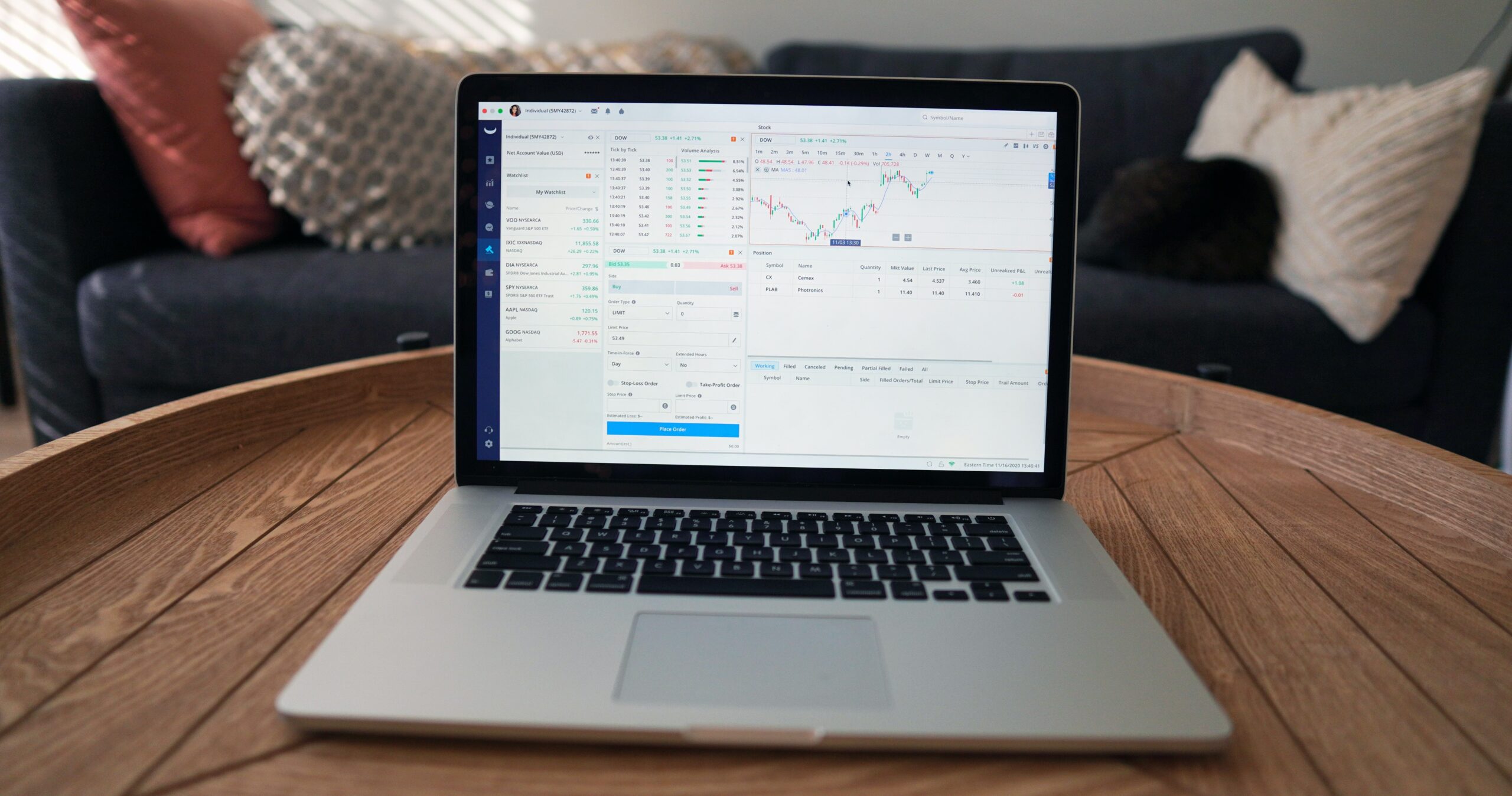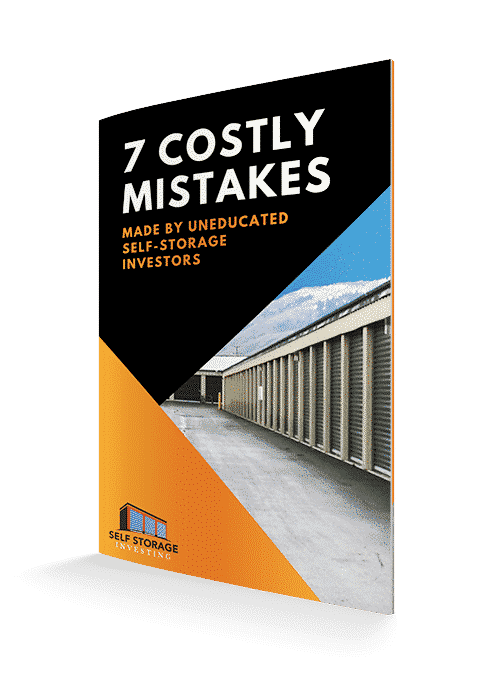We’ve compiled this small guide for people looking to invest money in stocks, bonds, real estate, and other assets. Pandemic is leading us to a new recession, but this doesn’t mean you should pass on amazing opportunities for investments. You need to stay in the game and catch those smart investments! We’re going to show you how.
How To Make Smart Investments During COVID
There are two main ways to invest during a crisis: finding safe, steady investments or embarking on a riskier long-term approach in which you buy assets that have a lower price now for a high return in the future. It would be best if you could combine the two approaches. You can have safe investments as a large part of your portfolio with a smaller percentage of high-risk, high-reward ones.
Safe High Return Opportunities
Although safe investments aren’t generally offering high returns, you can find those that are more lucrative than the others. Here are some ideas for how to make smart investments during the pandemic.
Healthcare Stocks
Since we’re in a health crisis, it’s no wonder that a lot of investors are chasing stocks from companies that supply medicines, therapies, and newly created vaccines. It’s a good idea to have some of your money in healthcare mutual funds because this is by far the safest investment during COVID.
Bonds
Bonds and bond mutual funds might not be the most exciting option, but they’re generating a consistent stream of income. They can provide a safety net so you can experiment more on the stock market or with another type of investing. Look for short-term or intermediate-term bonds to protect yourself from inflation and, of course, invest in a couple of tax-exempt municipal bonds.
Precious Metals
You should definitely consider adding gold, silver, and other precious metals to your other assets. During times of instability (and the pandemic is certainly one of those), metals are one of the safest investments. They are consistent, which is good for preserving the value of your assets against inflation.
One way to invest is by buying gold, silver, platinum, etc. However, it might be a better idea to buy shares in an exchange-traded fund (ETF) or a mutual fund with precious metals in the mix. This second option is much safer because you’ll hold various assets.
IT Stocks
Tech stocks are performing exceptionally well since a ton of people are working from home now. We all rely on technology during these tough times! That’s why technology stocks aren’t likely to be underperforming in the future.
You can buy individual stocks of the best IT companies, or you can find a mutual fund with tech stocks in the mix. As a side note, every company that is giving online services – from shopping and online payments to video entertainment – is going to perform well.
Create an Investment Strategy

When you start investing, you need a strategy, or you won’t be able to reach your financial goals. The first thing we should note is that you shouldn’t look for short-term gains; instead, play the long-term waiting game.
The second thing we must point out is also quite simple: Don’t invest the money you can’t afford to lose. Naturally, if you pick safer investment options, you’ll avoid risks, but you still shouldn’t invest large sums of money if you’re just making ends meet. You need to have enough resources in your emergency funds in case something unexpected happens.
Once you’re sure that you can secure funds for investments, you’re ready to start. As said, you need to create an investment plan. How will you do that? Simply start with thinking about your goals.
Do you want to save money for retirement? Then, set up your 401k, traditional or Roth IRA, or another savings account and invest in index funds or treasury bonds.
Do you want to build wealth? Then, find lucrative combinations of individual stocks, mutual funds, and real estate options to diversify your portfolio and get higher returns.
You get the point: Find your investing goals so you can create a strategy.
And, most importantly, answer how much money you want to save so you’ll know how much you need to invest. Always be realistic about your predictions. Your goals shouldn’t be just wishful thinking. They need to be well-defined so you can actually achieve them.
You’d also need to figure out what your risk tolerance is. How many losses can you endure before things get better? If you think you’ll panic when your investments dramatically decrease in value, consider investing more conservatively.
An investment strategy will help you manage your money. You’ll be able to slowly invest so you can follow the market changes. If you invest your money all at once, you’ll risk losses, but if you slowly chip in, you can decide on the best stocks, mutual funds, or real estate assets as you go.
Diversify Your Investment Portfolio with Real Estate
Spreading your money over different funds, shares, and assets so you can include a variety of industries is crucial if you want to invest successfully. Diversification will help you prevent serious losses that you can experience from investing in one particular company/industry. Adding real estate assets to your portfolio can help you protect yourself from the stock market volatility.
Real estate investing can help you build long-term wealth so you can secure your financial freedom. Since we’re witnessing a drop in prices right now, it’s a good time to build a diverse real estate portfolio. But you don’t want to flip houses because there aren’t enough buyers out there. It’s better to focus on gathering rental income.
However, being a landlord requires a lot of time and resources on your behalf. You’d either have to hire a management company and cut your income, or you’d have to deal with tenants’ needs every day. Luckily, there are lots of passive investment options. You could invest in real estate investment trusts (REITs), or you could focus on less demanding rentals, such as storage units. There are also storage REITs that might offer the best of both worlds. What’s this all about?
Real Estate Investment Trust (REIT)
REITs are essentially companies that own, operate, or finance properties and other assets that are generating income. They are designed as mutual funds, which means investors’ money is getting pooled together to purchase a property, and the investors earn dividends without having to buy nor manage the property themselves. Since REITs invest in different properties, from apartment buildings to medical facilities, you’ll have a much more diverse portfolio.
Self-Storage Investing
Self-storage facilities continue to grow in popularity simply because people and businesses are downsizing. They’re moving in together or relocating their businesses into smaller offices to cut their spending, especially now in the time of crisis. However, these people often decide to keep their valuable stuff in self-storage units.
This also is an advantageous opportunity from your perspective as a landlord; there is a low risk of property damage in self-storage, and your management role would be minor compared to, say, if you owned an apartment complex.
Investors that are looking to diversify their assets should definitely consider putting some of their money into self-storage. If you invest money in self-storage now, whether through an REIT or on your own, you can expect returns even before the crisis ends!
Taking Advantage of Low Prices

If you keep a cool head, you’ll be able to catch amazing investment opportunities. You can buy assets at lower prices and hold them until the economy starts booming again. You just need patience and discipline, and, of course, enough liquidity to take advantage of opportunities that arise. All you need is to look at historic crises to see that patient investors always reap higher rewards.
One historic example from Investopedia is the decrease in value of the S&P 500 index after the Japanese attack on Pearl Harbor. The assets continued to drop from 4 to 14% over just a few months. However, at the end of the war, the stock market returned more than 25% a year on average. A similar pattern can be seen after any major event, whether it’s a geopolitical war or a health crisis. Recession can be tough for people who don’t recognize these patterns and sell their assets in fear that the prices will continue to drop.
You can find similar happenings in the housing market. The great recession was partially caused by the housing crisis. People couldn’t afford their mortgage payments, and many properties lost their values. Investors looked for the long term and picked up valuable assets at lower prices, which generated higher profits once the economy was stabilized.
That’s why we’re amplifying real estate investing, especially more lucrative options such as self-storage and low-cost rentals in general. If people are downsizing and renting smaller apartments, the demand for storage units and affordable apartments increases. It’s the basic supply and demand rules that you need to keep track of. If you invest money in self-storage now, you don’t even have to wait for the crisis to be over to get returns on your investments because vacancy rates will already be much lower.
Money expertise guides always start with the “buy low and sell high” mentality. If the pandemic crisis takes prices down, you have to take advantage of the situation. If you don’t, someone else will! So don’t wait any longer; open an investment account, set your financial goals, and start investing in assets while prices are low.
Things to Keep in Mind

We want to amplify some things you should keep in mind when you’re examining your investment options. We’d like to recapitulate while also reminding you of other important factors to consider.
Be Patient
First and foremost, we’ve advised you to stay calm. Investing in times of uncertainty is tough, so you need to have a cool head. Don’t get your feelings in the way of making rational investment decisions.
Just wait for your investments to increase in value. Sure, you’ll see losses all around, but that’s only a real loss if you decide to sell and take the money out. Don’t do it; instead, invest money to buy more low-priced assets. Once the market picks back up, you can enjoy nice returns. The stock market is unpredictable, so if you’re not feeling like playing the waiting game, you should definitely invest in something safer.
Think About Taxes
The next thing you should consider is cutting down on your expenses. Try to minimize your costs whenever you can. We’re talking about taxes, of course. There are some ways you can invest tax-free, but those options (such as municipal bonds) usually don’t have high interest rates.
For deferring taxes, you’d want to use your 401k or an individual retirement account. You can also use Roth 401k and Roth IRA that offer tax-free growth on your investments.
According to NerdWallet Inc., Roth accounts are the best way to secure your tax-free income in retirement. You deposit the money on which you already paid income tax, so you don’t have to pay taxes for profits you make, unlike traditional retirement accounts in which you deposit the pre-tax money and pay taxes on the withdrawn sums in retirement.
Both options offer tax benefits, so utilize these accounts before making further investments. Make sure to also have a separate investment account so you don’t get carried away and spend the money you can’t afford to lose.
Invest Money Safely
Although no strategy is completely risk-free, you can minimize your possibilities for failure. Study the stock market movements, inflation rates, and the general situation in society. If you see people spending a lot of money in one industry, invest there! For example, people are going to restaurants way less, but retail and grocery stores are booming. Investing in stocks that reflect people’s essential needs is always a safe option.
However, if you want to invest for the long term, don’t look away from restaurants, cinemas, and other leisure activity providers. After months of isolation, people are likely to go out and spend their hard-earned money on leisure. Companies in this industry that survive are surely going to experience a surge in value increase. You could pick up cheap assets in this sector and hold them until the end of the pandemic crisis.
Note that you should always check with your investment advisor before you invest a large sum of money. You can even consult with a certified financial planner to get started and create a pandemic-proof portfolio. Once you find the best ways to invest, you just have to start. Luckily, there are a lot of self-help tools for investing, such as Robo advisors, but you can also work with experienced brokers.
Don’t Have Just One Priority
Whatever way to invest you choose, make sure you don’t pool your money in just one type of investment. As the saying goes, “don’t put all your eggs in one basket.” Investing in the stock market should be accompanied by investing in real estate, bonds, mutual funds, exchange-traded funds, certificates of deposit, etc.
You want to have a diverse portfolio of various assets so you can minimize the risks. This will allow you to make a couple of riskier investments with a higher interest rate because you’ll have bigger risk tolerance. During economic downturns, investment advisors suggest a conservative model to investing meaning you should have less than 20% of risky investments in your portfolio.
Are You Ready to Start Investing?
We hope this small guide has cleared some things up for you so that you can make money with smart investing. We already mentioned what amazing opportunity self-storage offers. If you want to become a part of the community of professionals in self-storage investing and build your wealth during these tough times, don’t hesitate to contact us. We’d be happy to guide you through this journey of successful investing!






